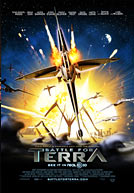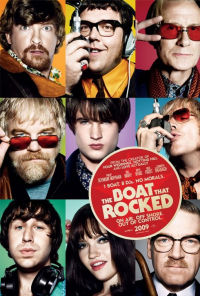Today, on the first of May, it would be a good idea to look at the history of the last 150 years. To remember that the current world crisis we find ourselves in is neither the first, nor an unpredictable event that no-one could have forseen. We should look back and see the importance of the struggle for workers’ rights – for the rights of every person to work under decent conditions and for fair pay; to work no more than is needed for society, and to have the safety that is the prerequisite for enjoying one’s life.
All around us, these rights are being taken away by a privileged class that makes up less than 1% of the population. In the name of increasing profit, they have started wars, destroyed democratic rights, and driven our entire economy to the brink of total collapse. They have told us, and unfortunately convinced many of us, that this path is the only path there is. That human greed is the only reasonable basis for an economic system; that all other systems are bound to fail.
But capitalism isn’t some eternal truth. It hasn’t always been there. It’s a historical development, the result of certain economic and historical events; there is no reason it has to stay. But there are many, many reasons it has to go, and today they are more pressing than ever before. The last collapse of capitalism brought World War II – what will this one bring? And with the weapons that we have, what will remain of us afterwards? You know what Einstein said about World War III, right?
Technologically speaking, we live in a post-scarcity world. We have the ability to easily take care of every single human being on this planet while not destroying the environment. We are more advanced than any civilization has ever been in the history of humanity. And yet we cling to a system that is based on scarcity, even as it all falls apart around us. We throw around us the magical words of capitalism as if they actually meant something; the reality is right in front of us.
So, on May Day, let us hope not for socialism or the worldwide revolution, but for common sense. Because that’s the true starting point.
That, and courage and the will to stand up and fight. Because we’re going to need it.

 So, we saw
So, we saw 
 It appears that Terra (aka Battle for Terra) is now playing in the US. Please go see it! I saw it a while ago when it was playing at a festival and was utterly, utterly stunned by it. It is not a children’s movie but serious, well-done sci-fi. In fact, it’s one of the best sci-fi movies I have ever seen.
It appears that Terra (aka Battle for Terra) is now playing in the US. Please go see it! I saw it a while ago when it was playing at a festival and was utterly, utterly stunned by it. It is not a children’s movie but serious, well-done sci-fi. In fact, it’s one of the best sci-fi movies I have ever seen. If you only see one movie this year, see
If you only see one movie this year, see